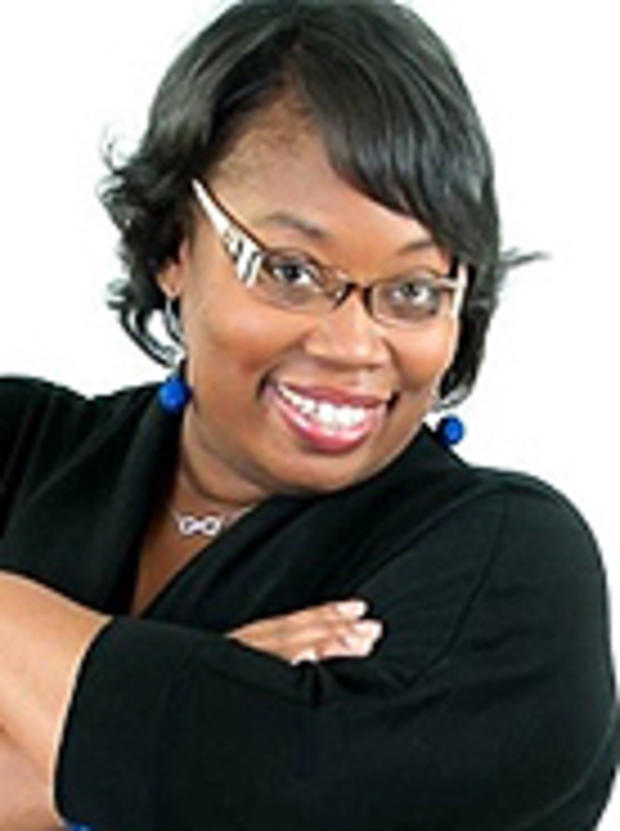Chicago Nurse and Author Gets Joy From Treating Oncology Patients
Every year, more than one million people are diagnosed with cancer. According to the National Cancer Institute, the most common types of cancer are breast cancer (235K), prostate cancer (233K) and lung cancer (224K).
While those numbers may sound grim, the American Cancer Society advises that reducing tobacco use, doing physical activity and improving one's diet could lower the risks, in addition to screening tests.
Diet and nutrition are two hot topics in Priscilla Williams' e-book "Learning to Live a Healthy Happy Life."
"Working in oncology, a lot of those patients that I've taken care of with cancer are the opposite of what people may think: that they come in sick, they're down, they're dying of cancer," said Williams. "But it's actually the opposite. They come in lively, happy and have joy in spite of going through chemotherapy."
A third-grade version of Williams was inspired by a family friend, who was also a nurse. Williams went on to get nine years of experience in the health care field. After earning an associate's degree at Olive Harvey College and taking courses at the University of Phoenix for her bachelor's degree, she made the decision to work in oncology.
"I was fearful at first, but I'm one of those people who likes a challenge."
In addition to a challenge, she's also adamant that anyone who works in the medical field should be able to communicate with ease.
"One course I think is very important that nurses should consider is a speech class," said Williams. "Sometimes you can have about eight or 10 family members in a room. Be that person that sits with them. Explain everything to them. Give them comfort. Educate them. Let them know that they can get through this. That's one of the things I really love."
While nurses can work anywhere from eight to 10-hour shifts, Williams is adamant about them becoming savvy at math to avoid prescription mistakes; speaking up when necessary (including to doctors); and avoiding excessive stress.
"If a nurse hasn't [eaten] lunch, if she hasn't [gone] to the bathroom or taken a break, she's going to make a mistake. In order to prevent that, management has to step up and say, 'Hey, we need to decrease the nurse-patient ratio.' If [nurses] have to switch jobs, that's exactly what they [should] do because your livelihood and a patient's life is in your hands."
Shamontiel L. Vaughn is a professional journalist who has work featured in AXS, Yahoo!, Chicago Defender and Chicago Tribune. She's been an Examiner since 2009 and currently writes about 10 categories on Examiner.com.




